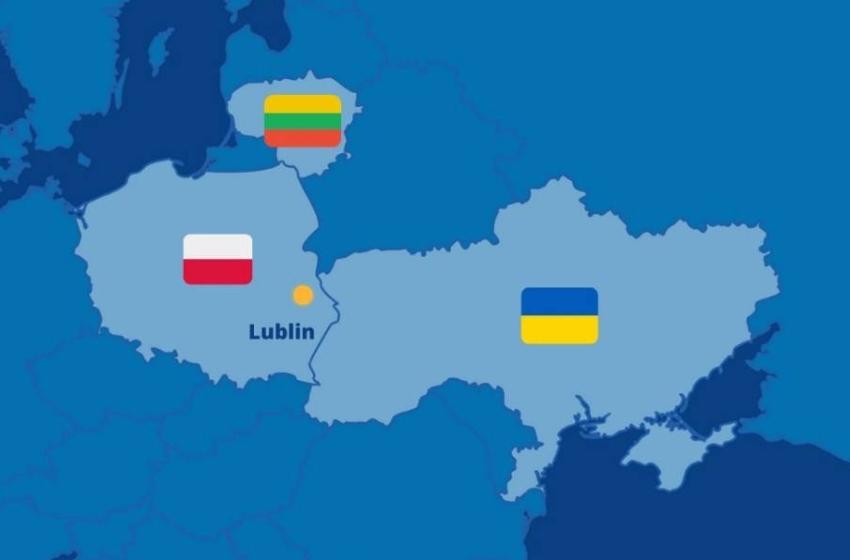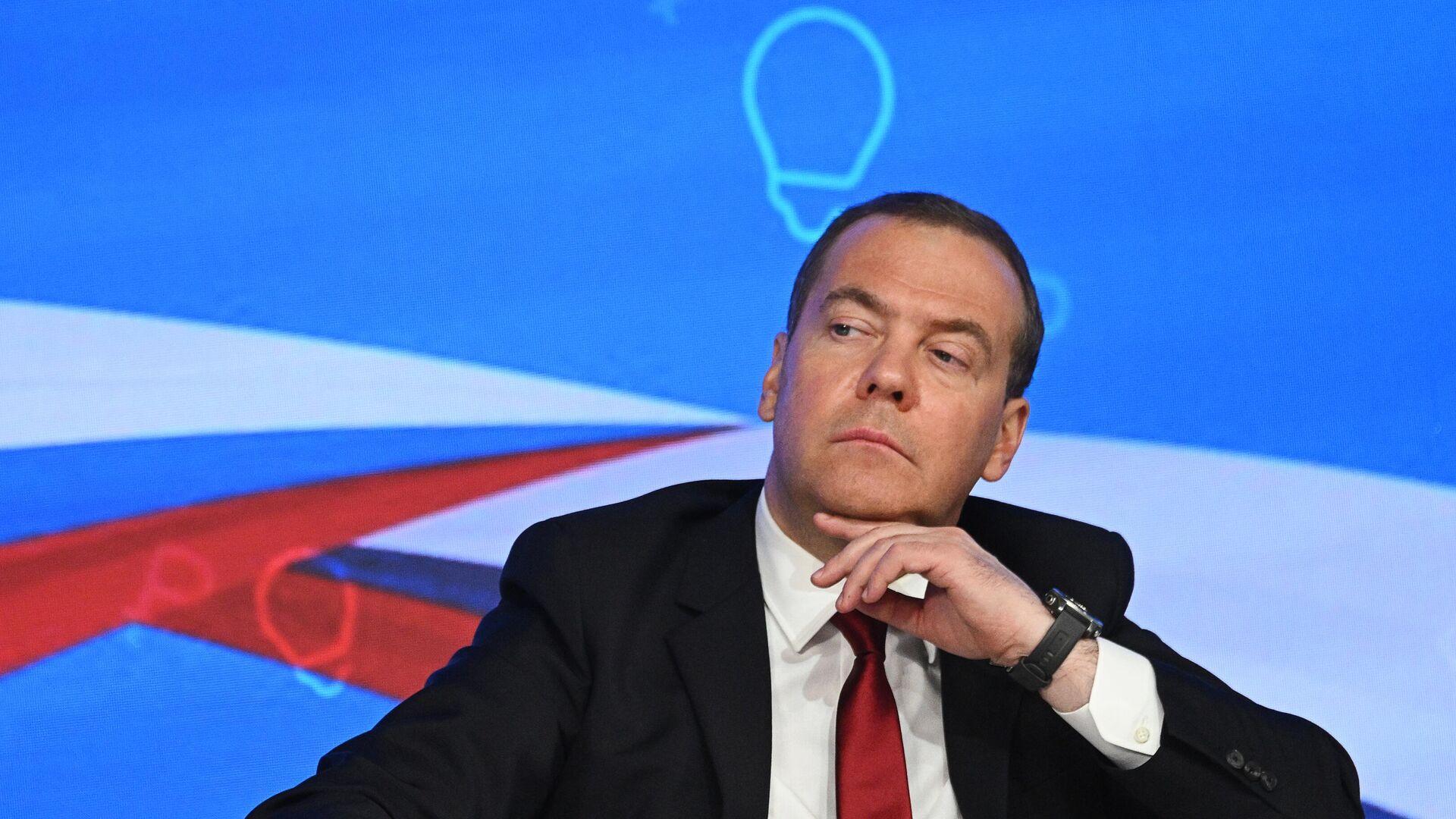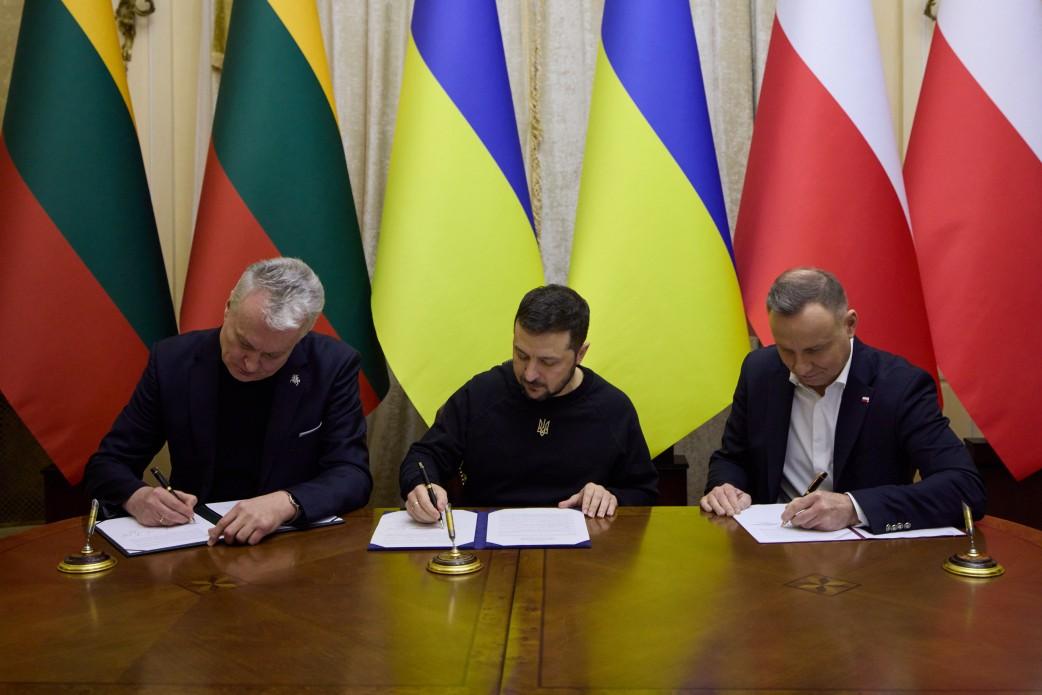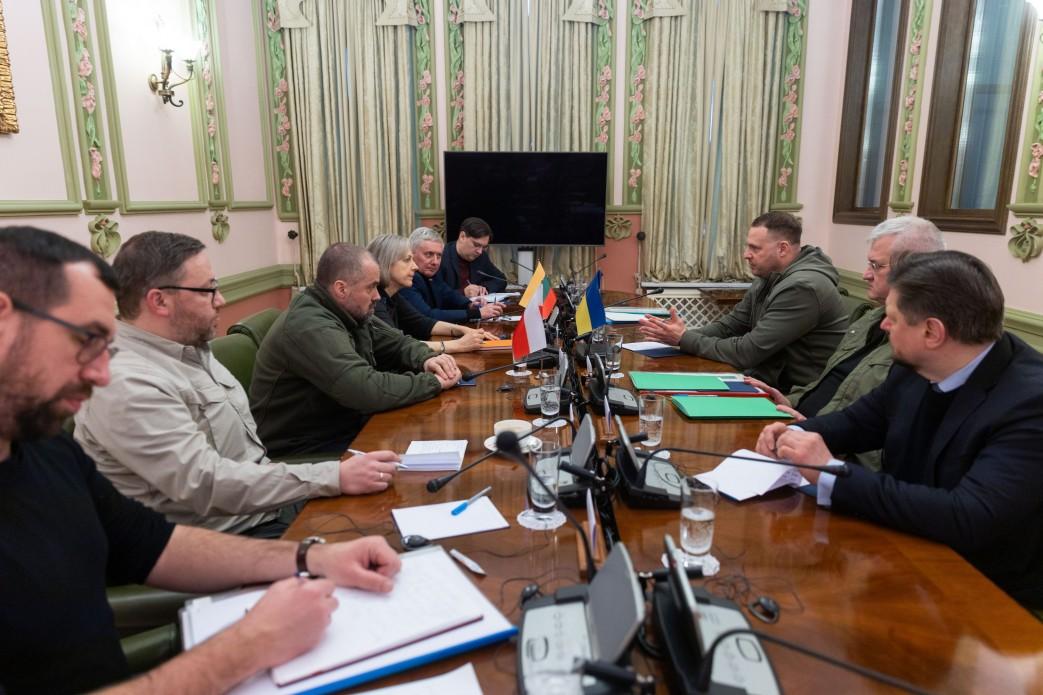On 6 December 2022, three non-governmental organisations from Lithuania, Poland, and Ukraine, namely the Civic Resilience Initiative, Kosciuszko Institute and Detector Media, presented in Brussels during the EU – Ukraine Forum on Countering Disinformation a joint in-depth report highlighting the challenges emanating from russian disinformation and propaganda activities in the Lublin Triangle countries.
Background
Russia’s full-scale invasion of Ukraine on the 24th of February 2022 opened a new chapter for russian propaganda and disinformation targeting Lublin Triangle countries. Ukraine is at the epicentre of russian disinformation and propaganda that directly supports the events on the battlefield. Lithuania and Poland supporting Ukraine politically and militarily, are also under constant information attacks from the Kremlin. Despite that, all three countries are showing vital signs of resilience to russian propaganda.
Key Findings
Thus, the Civic Resilience Initiative, Kosciuszko Institute and Detector Media have joined efforts to identify the challenges and building blocks of resilience to russian disinformation in Lithuania, Poland and Ukraine.
To outline the best case practices in combating disinformation, first, they looked into the similarities and differences of the main narratives and messages targeting Lublin Triangle countries. Second, they explored the main sources of disinformation and its patterns. Third, they evaluated measures taken to combat disinformation.
Within the analysis, several goals of russian propaganda and disinformation in the Lublin Triangle were identified:
- targeting citizens’ beliefs in the future by spreading negative messages;
- undermining trust within groups and between groups;
- discrediting international cooperation and solidarity.
Russian propaganda and disinformation targeting Lublin triangle countries share a lot of similarities. However, resilience to it in all three countries is also based on common principles.
First, there is a clear understanding that russian malign information activity threatens national security. Understanding, acknowledging and facilitating the threat work as a first shield to russian propaganda. Moreover, bringing those responsible for propaganda and fake news to account sends a clear signal that no one has the right to exploit the freedom of speech, incite hatred, call for violence or spread genocidal rhetoric.
Second, a multi-dimensional approach when it comes to combating russian propaganda and disinformation is highly practised within Lublin Triangle countries.
Third, multistakeholder perspectives. Lublin Triangle countries have outstanding cooperation practices between the state, business, media, and civil society.
Fourth, measurable indicators for evaluating whether the specific propaganda messages impact citizens’ decision-making need to be addressed.
Recommendations
The report presented a number of recommendations addressed to all stakeholders, international organisations and donors, civil society, and media. These recommendations include:
- Raising awareness, which is the cornerstone of resilience to russian malign information campaigns;
- Nominating a critical coordinating body responsible for strategic communication both in the country and abroad;
- Developing or strengthening a comprehensive real-time monitoring system;
- Engaging in practice and know-how sharing with other countries and partners that are highly exposed to russian disinformation;
- Encouraging international and multilateral political dialogue on uniting efforts to combat disinformation;
- Implying a transparent and measurable evaluation system to track the effectiveness of the efforts to build resilience to disinformation.





















